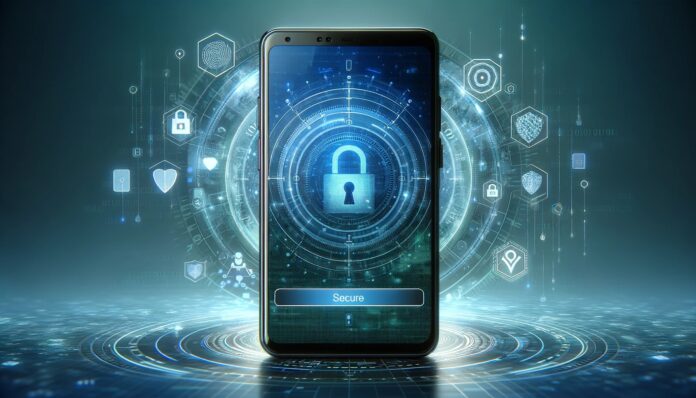
It may come as a surprise to many, but security experts are recommending a simple yet effective tactic to protect mobile devices—something that may sound basic, yet proves essential in defending against cyber threats. Residents of New England, specifically those in Maine, New Hampshire, and Massachusetts, have been urged to reboot their smartphones or, alternatively, power them off and on for at least 10 minutes at regular intervals.
This seemingly straightforward advice is part of a larger security strategy aimed at preventing the spread of malware and spyware within smartphones. The suggestion, which was initially put forward by the Australia government in September of last year, is now being emphasized again as a mobile security recommendation in January 2025.
The National Security Agency (NSA) has highlighted that rebooting a device can effectively disrupt malicious software, including blocking links to harmful sites and thwarting so-called “zero-click” exploits—cyberattacks that can infect a device without the user’s involvement. By rebooting phones at least once or twice a week—and ideally once a day, especially after updates—users can significantly reduce the chances of infection.
One might wonder: can this routine of rebooting actually stop sophisticated surveillance tools like NSO Group’s infamous Pegasus spyware? According to experts, yes. Rebooting the phone helps sever any existing malicious connections and potentially disrupts ongoing surveillance efforts. In essence, it acts as a simple but powerful defense measure.
But rebooting isn’t the only security measure users can adopt. There are several other best practices that can help safeguard smartphones against attacks. For instance, turning off Bluetooth when it’s not needed is a good way to reduce the risk of unauthorized access. Additionally, limiting location access for apps to only when they are in active use can further reduce the chances of your whereabouts being tracked without your knowledge.
Another precautionary step is to avoid using public USB charging stations, particularly at airports or transit hubs, which are often targeted by cybercriminals as a means to inject malicious software into devices. In addition, enabling two-factor authentication (2FA) with a strong, at least six-digit password is essential for securing accounts and adding an extra layer of protection.
To emphasize the significance of mobile security, experts often point to high-profile incidents involving spyware infiltration. One notorious example occurred a few years ago when a Saudi prince allegedly used spyware to hack the smartphone of Amazon founder Jeff Bezos. This breach resulted in the leak of his WhatsApp conversations, ultimately exposing his private affair with Lauren Sanchez. This serves as a stark reminder of the potential risks associated with mobile device vulnerabilities.
As smartphones have become indispensable tools in our daily lives, it’s more important than ever to adopt effective strategies to protect them from increasingly sophisticated cyberattacks. Experts recommend incorporating a variety of precautionary measures, including rebooting or turning off your phone for a period of 15 to 30 minutes, as an easy yet impactful way to bolster your mobile security.
By following these guidelines, residents of New England—and smartphone users in general—can better defend their devices against potential threats and enjoy greater peace of mind in an increasingly digital world.
Ad
Join over 500,000 cybersecurity professionals in our LinkedIn group “Information Security Community”!
